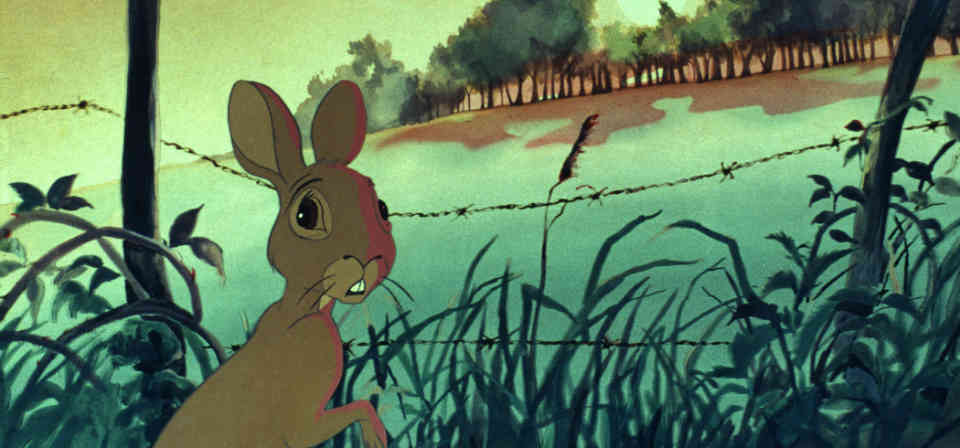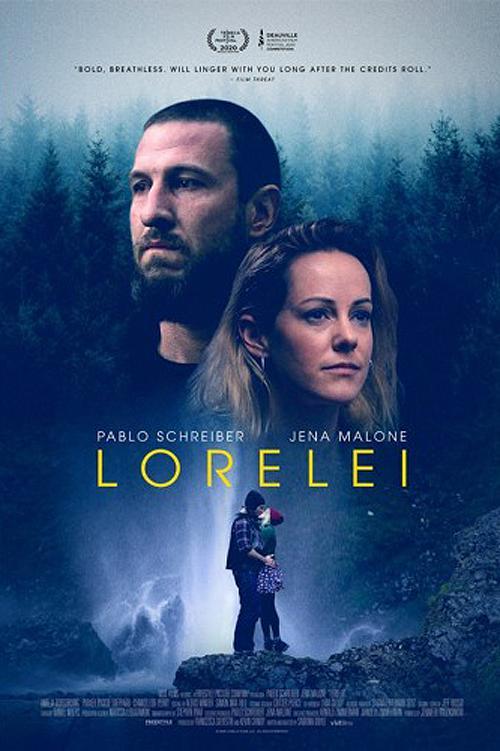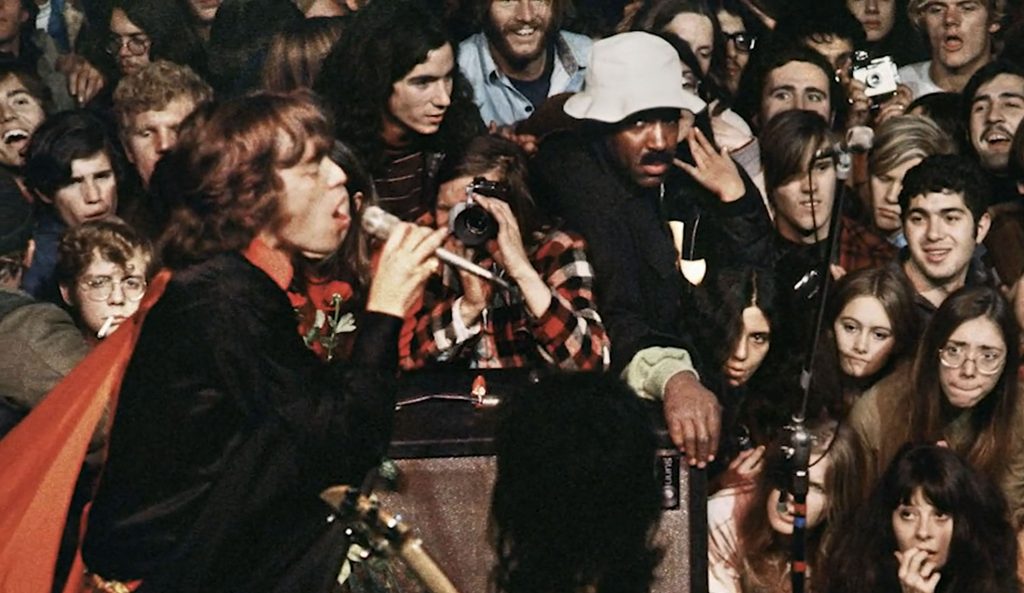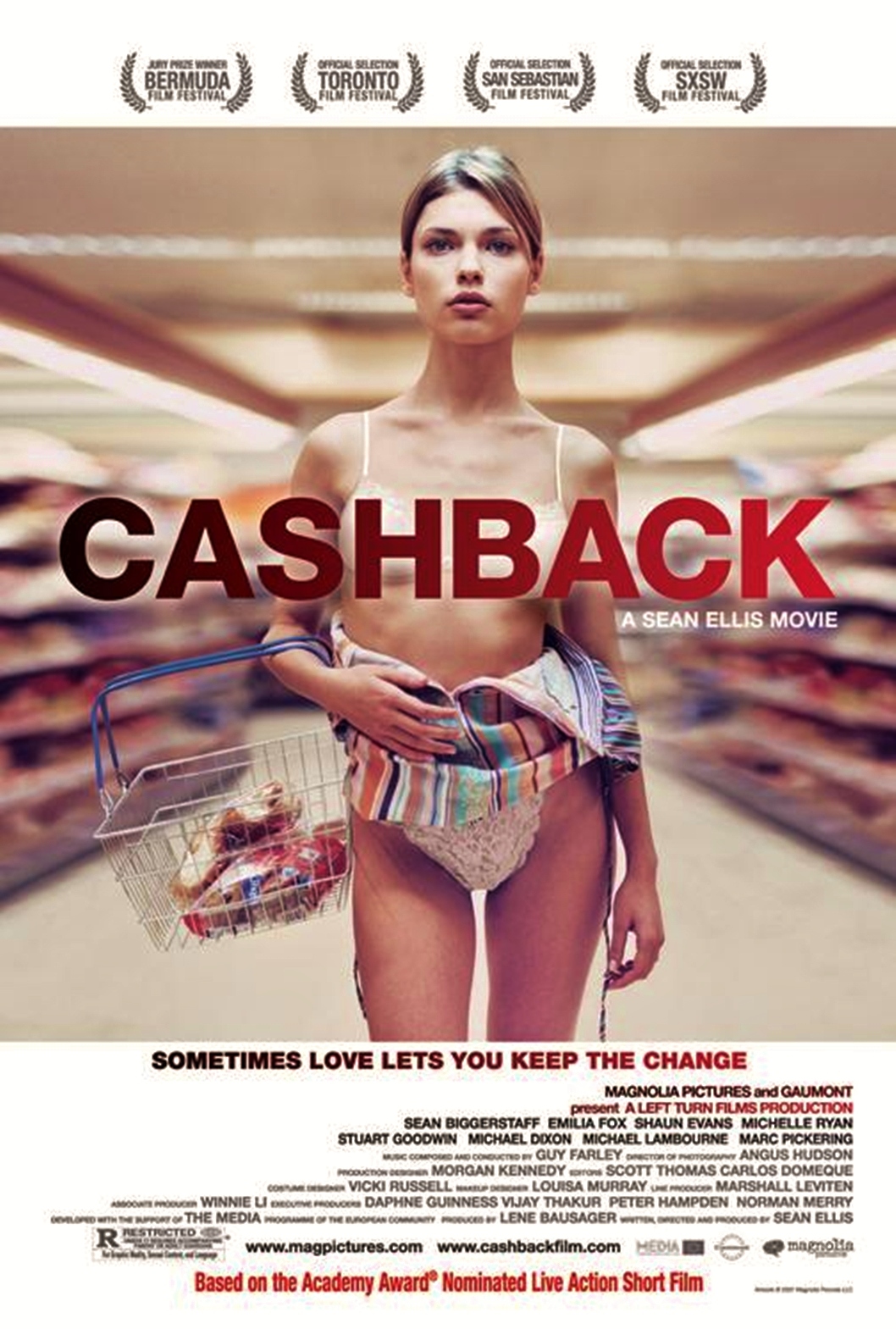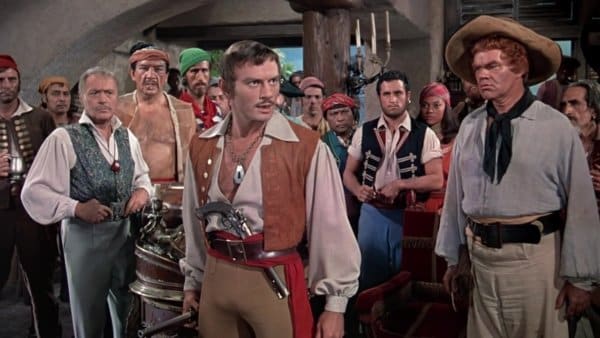
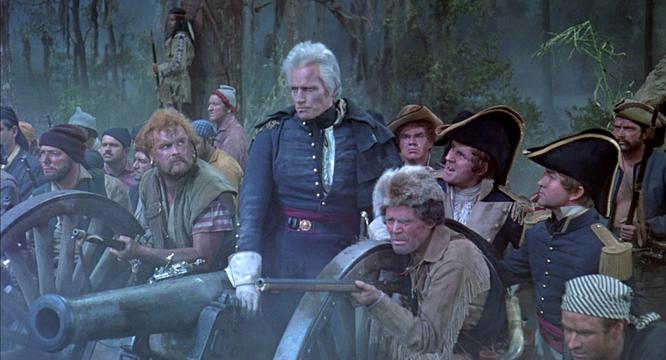 The Buccaneer (1958)
The Buccaneer (1958)
Generally speaking
++
All out enjoyment and genuine pleasure at just how much better it was than anticipated
++++
As Anthony Quin's only directing stint, this theatrical, Hollywoodized bit of Historical cinema using mostly Studio Sets centers on Captain Jean Lafitte's eventual assistance in the Battle of New Orleans during the War of 1812 with General Andrew Jackson.
Though the funding and studio assistance did not allow a full realization, thereby bringing a truly epic sense to this film, it still made one helluva a run for it regarding the leading cast.
With all the charm, eloquence, and presence that Yul Brynner seems to ooze without even trying, playing the romantic idealism of a rogue pirate (excuse me, as he says at one point, in jest - Privateer) Lafitte.
Secondly, with an equal knack, Charlton Heston towers as General Andrew Jackson, who becomes the seventh president a decade or so later. Instilling equal moments of stoic grit, pride, and at times, away from others, moments of frailty.
Wrapping up this trifecta, doing what he does best, Charles Boyer plays a charming Number Two to Brynner's Lafitte. A cavalier exterior hiding the humble man beneath, he, like the other two, captivates us, the viewers, as he strides through every scene.
Backing them up is a surprisingly large cast of pirates, citizens of New Orleans, American and British troops. Including a small cameo of TV Western
Bonanza fame, Lorne Greene.
I was hooked from the opening with a professor giving a short oratory of the importance of New Orleans and its part of the recent Louisiana Purchase to the winning British forces who had already taken Washington DC and burnt the White House down. His playful last words about what Lafitte had to do with all of this and how "That is our story" continually grew and grew as their story played out. Causing me to fall completely in love with this film.
Utterly f@ckin charming, amusing, intriguingly tons of fun, an ideal Afternoon or evening of popcorn chomping enjoyment.



